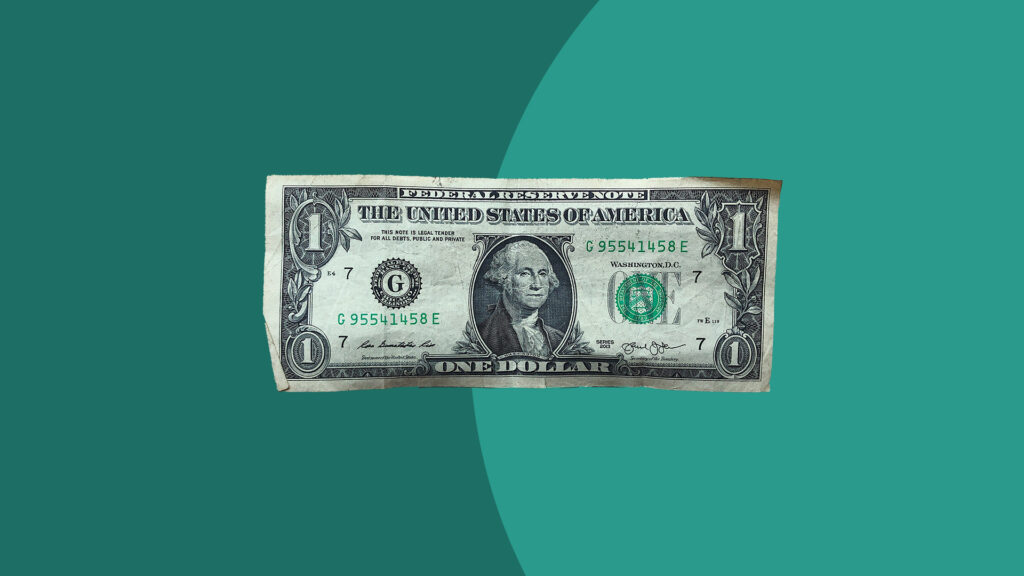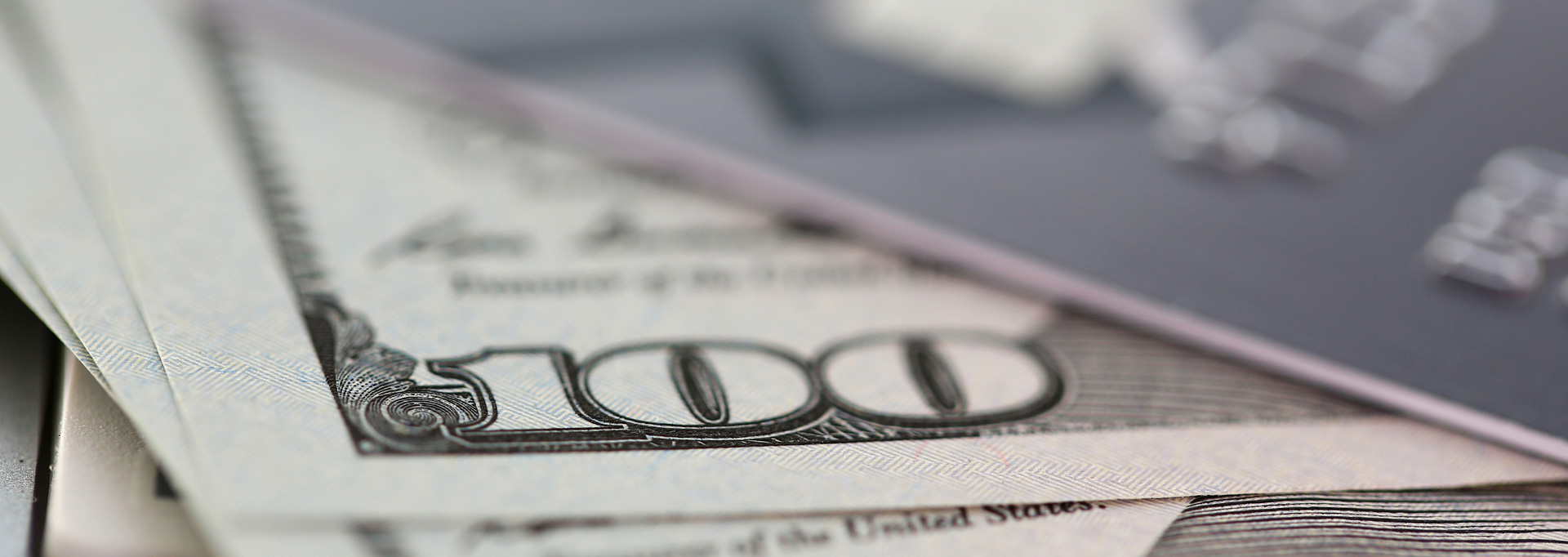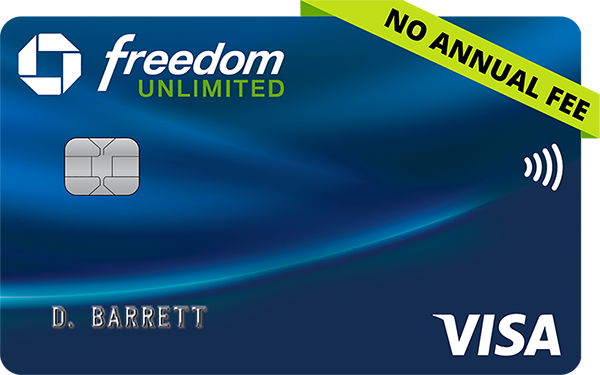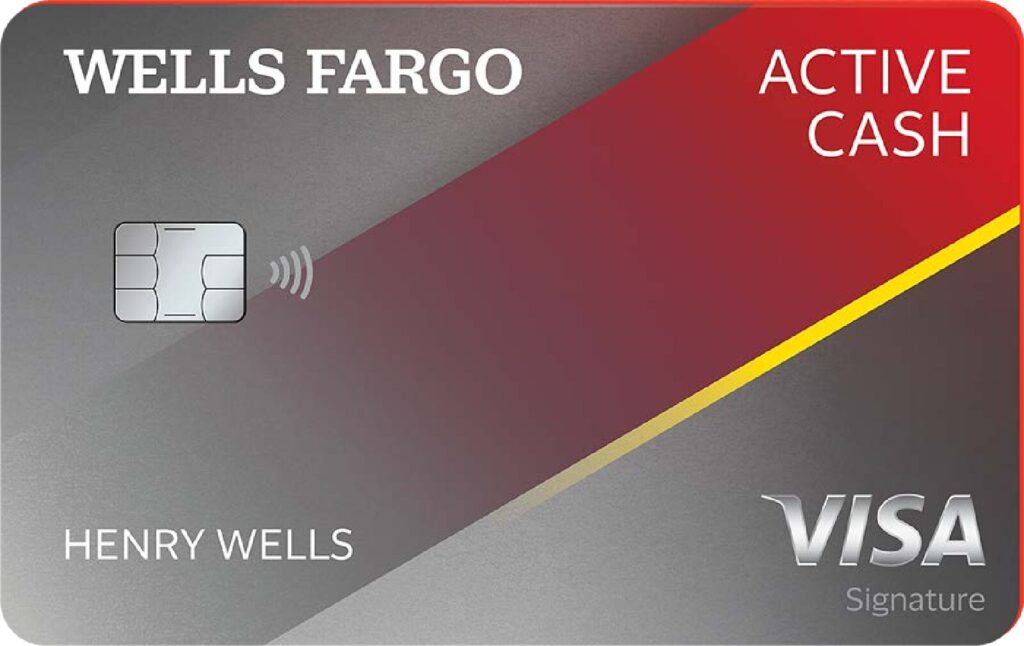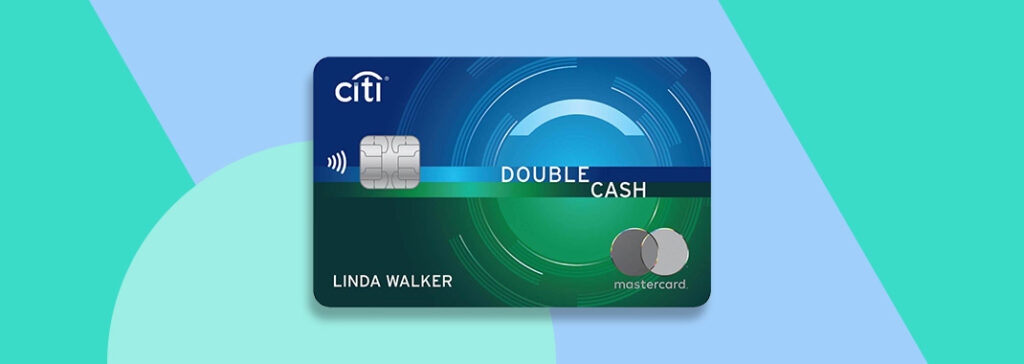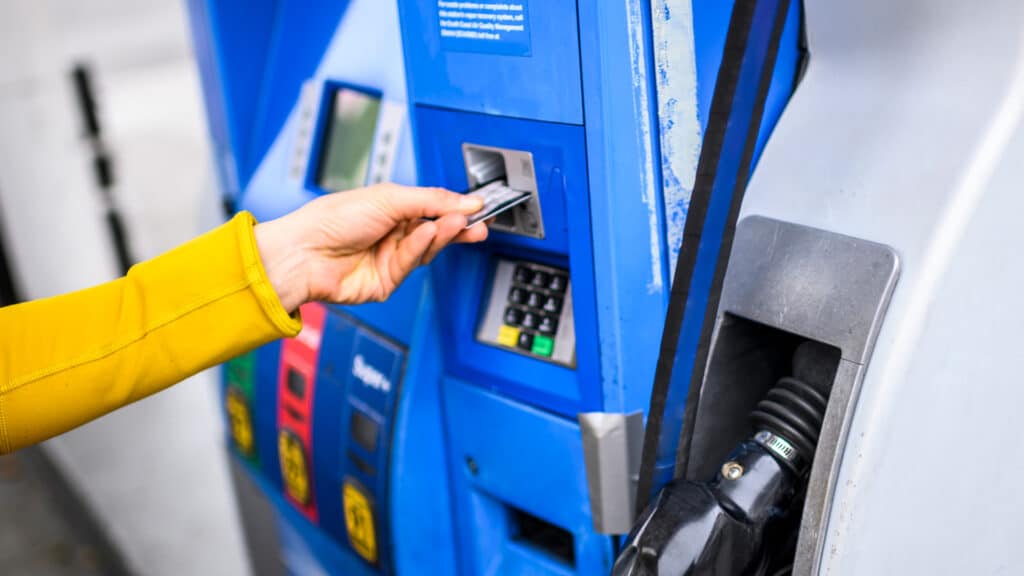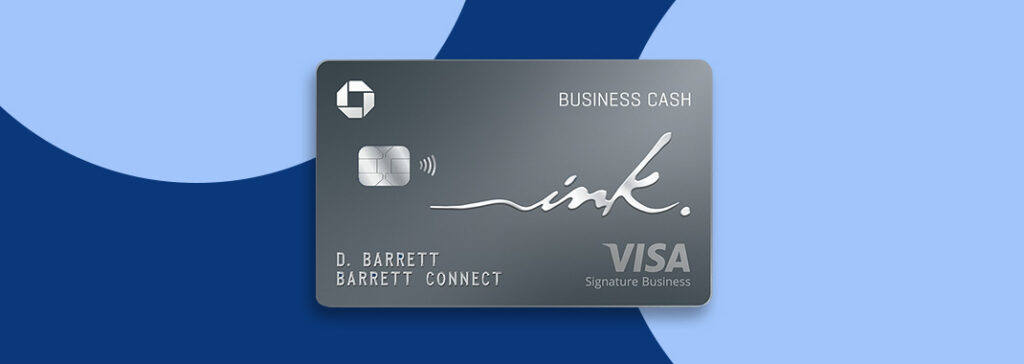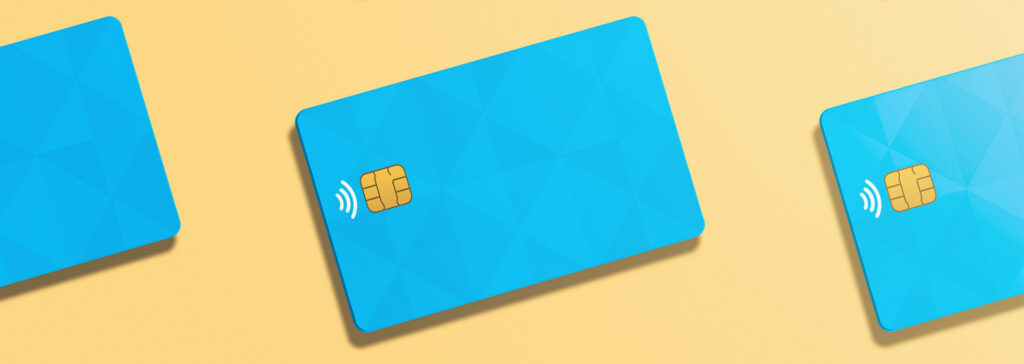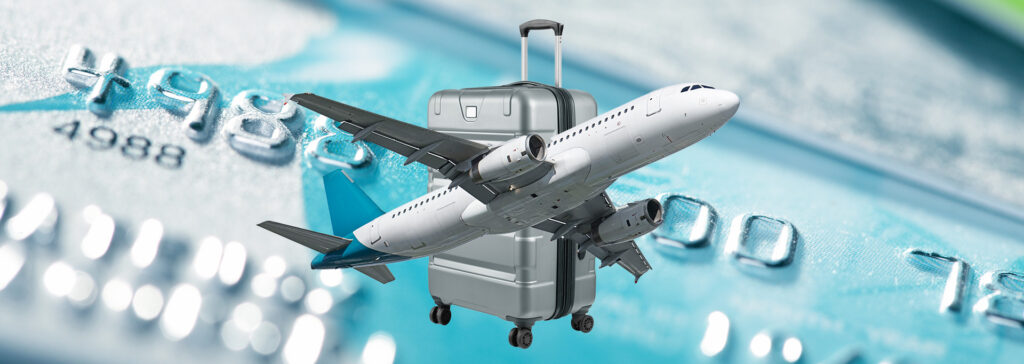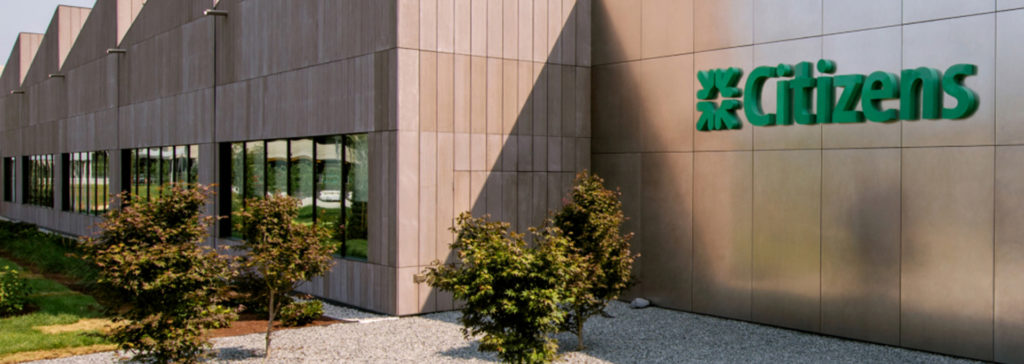Most products on this page are from partners who may compensate us. This may influence which products we write about and where and how they appear on the page. However, opinions expressed here are the author's alone, not those of any bank, credit card issuer, airline or hotel chain.
Non-Monetized. The information related to Chase credit cards was collected by Slickdeals and has not been reviewed or provided by the issuer of these products. Product details may vary. Please see issuer website for current information. Slickdeals does not receive commission for these products/cards.
Cash back credit cards offer simple rewards that card issuers can’t devalue, but you might get more bang for your buck with points and miles.
There are several reasons why you might want to carry a cash-back credit card in your wallet. Depending on the card, cash-back credit cards have the potential to offer uncomplicated rewards that are easy to understand, earn and redeem. Yet there are also some possible disadvantages to cash-back cards, including the fact that other credit cards may offer higher rewards rates.
Before you apply for any type of credit card, it’s important to evaluate its pros and cons. Below are some of the benefits and drawbacks of cash-back credit cards to consider if you’re thinking about opening this type of accoun
Cash-Back Credit Card Benefits
Many consumers are attracted to the perks cash-back credit cards have to offer. Here are some of the top reasons a cash-back credit card might make sense for you
- Cash rewards: While every credit card is different, cash rewards tend to be easier to understand, earn and redeem compared to other types of rewards, like points and miles. You may need to research what points and miles are worth to get the best redemption value. Cash rewards are less complex.
- No devaluation: Credit card issuers can change the value of points and miles at their discretion. However, the value of any cash rewards you earn will hold steady over time.
- Typically no (or low) annual fee: Paying an annual fee for a credit card with valuable benefits doesn’t have to be a deal-breaker if you’re getting enough value from the account. Yet many cash-back credit cards feature low annual fees
, and some have no annual fee at all. - Sign-up bonuses: It's common for cash-back credit cards to feature cash sign-up bonuses. In general, you’ll need to meet a minimum spending requirement within a few months after opening your new account to qualify for a bonus. Be sure to read the fine print if you hope to take advantage of this type of opportunity.
- Introductory APR offers: Some cash-back credit cards may also come with money-saving 0% APR offers for eligible new customers. These special introductory rates could apply to new purchases, balance transfers or both. Again, it’s important to understand the details of any offer in which you hope to participa
te.
Recommended Cash-Back Cards
Chase Freedom Unlimited®
- Our Rating 4.5/5 How our ratings work
- APR18.24% - 27.74% (Variable)
- Annual Fee$0
-
Sign Up Bonus
$200Cash Bonus
Intro Offer: Earn a $200 Bonus after you spend $500 on purchases in your first 3 months from account opening
We like that the card offers a high flat rewards rate but also provides accelerated rewards on some common everyday spending categories. You’ll also get access to the Chase TravelSM portal, which allows you to use your cash-back earnings for travel rewards, gift cards and more. If you make this your primary card for most purchases you can quickly rack up a lot of rewards.
Overview
The Chase Freedom Unlimited card is unique for a couple of reasons. First, it comes with purchase protection and extended warranty protection you don’t see with some other cash-back cards. Second, you earn cash back in the form of points and when paired with another annual-fee earning Chase product, you can get even more value if you love to travel by transferring to partners.
That’s because while the Freedom cards are marketed as cash-back credit cards, they actually offer points. You can use those points to book travel through Chase at a rate of 1 cent per point.
Pros
- No category bonuses to remember; earn at least 1.5% back on everything
- No annual fee
- Generous travel and purchase protection benefits
Cons
- Can't transfer Chase points unless paired with another annual-fee Chase product
Wells Fargo Active Cash® Card
- Our Rating 4.0/5 How our ratings work
- APR18.49%, 24.49%, or 28.49% (Variable)
- Annual Fee$0
-
Welcome Bonus
$200Cash Bonus
Earn a $200 cash rewards bonus after spending $500 in purchases in the first 3 months.
If you’re a fan of earning cash rewards for your day-to-day spending, you need a credit card that rewards you for purchases outside of popular bonus categories like travel, grocery stores and gas stations. With the Wells Fargo Active Cash® Card, you earn 2% cash rewards on purchases without the fuss of tracking specific bonus categories.
Overview
With the Wells Fargo Active Cash® Card, you receive 2% cash rewards on purchases. There’s no need to register for anything, and there are no limits on the amount of cash rewards you can earn.
This stands in stark contrast to many rewards credit cards that tempt you with bonus rewards for specific purchases. These cards typically offer a mere 1% rewards rate on the vast majority of charges that don’t qualify for a bonus. And with many of these cards, the amount of purchases that are eligible for your bonus is capped, restricting the overall potential value.
Pros
- Earn unlimited 2% cash rewards on purchases
- No annual fee
- Automatic cellphone protection when you pay your monthly bill with the card
Cons
- Points don't transfer to travel partners unlike other card currencies
- No bonus earning categories
Cash-Back Credit Card Drawbacks
Although a cash-back credit card can offer plenty of value, there are a few downsides to think about too:
- Higher APRs: The average credit card APR on interest-assessing accounts was 22.77% in August 2023
, according to the Federal Reserve . But the APRs on some cash-back cards could be even higher. On a positive note, if you pay off your full statement balance by the due date each month, you can use your credit card’s grace period to avoid paying interest charges. - Limited rewards value: Although cash rewards may be easier to understand than points and miles, they may not be worth as much. Points and miles often offer more bang for your buck, especially if you redeem the rewards you earn for travel.
- Rewards expiration: Pay close attention to the terms and conditions of your credit card’s rewards program. Some cash-back rewards may expire if you fail to use your credit card for a certain amount of time, make a late payment or close the account.
- Earning caps: Some cash rewards credit cards allow you to earn unlimited rewards. Others limit the amount of cash rewards you can earn, either overall or in bonus categories. It’s also important to check whether you need to opt in each month or quarter to earn bonus category rewards at a higher cash-back rat
e.
How to Choose the Best Cash-Back Credit Card
If you’re interested in opening a cash-back credit card, it’s wise to begin by reviewing your credit reports and credit scores to see where you stand. A credit card issuer will check your credit from at least one major credit bureau—Equifax, TransUnion or Experian—when you apply for a new account. Knowing the condition of your credit before you fill out a credit card application can help you understand the types of credit cards you might be eligible to op
Quick Tip
You can dispute errors on your credit report, if you find any, with the appropriate credit bureau.
After you know where your credit stands, shop around and compare multiple credit card offers. If you have excellent credit, you can pick from the best credit card offers and deals available (cash-back cards or otherwise). There are some credit card options for bad credit, but your options will be more limite
Is a Cash-Back Credit Card Right for You?
When you use a credit card to only charge what you can afford to pay back each month, it has the potential to benefit you in many ways. A well-managed cash-back card could help you build good credit, earn cash rewards
If you’re interested in earning uncomplicated cash rewards that are easy to understand and redeem, a cash-back card might be a good fit for you. It can also be helpful to have a decent, flat-rate cash-back credit card to use for purchases that don’t offer spending category bonuses on other rewards accounts.
Just remember that it’s never a good idea to spend extra money in an effort to chase rewards—cash back, points or miles. If you overspend and wind up revolving an outstanding balance on your credit card account from one month to the next, you could wind up paying expensive interest charges and damaging your credit score with a higher credit utilization rate. No reward is worth that potential co
Best Cash Back Credit Cards
Visit the Marketplace